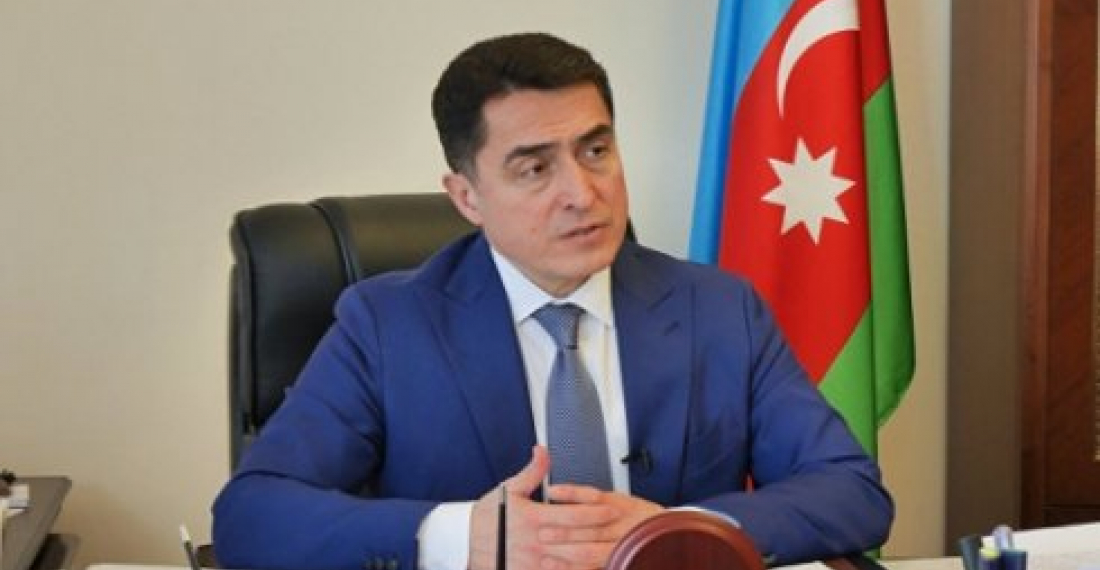The success of the signing of the Caspian Convention has triggered an unlikely consequence. The influential Azerbaijani website haqqin.az in an editorial on 15 August used it as an opportunity to launch what it says is a "debate" on whether or not the country should now join the Russian led Collective Security Treaty organisation (CSTO). Haqqin.az argued that Azerbaijan's best friends - Kazakhstan and Belarus are members of CSTO, and Armenia has now lost its privileged relationship with Russia in the aftermath of Nikol Pashinyanm's accession to power. Haqqin.az suggested that the CSTO perhaps is the right platform for the resolution of the Karabakh conflict:
"All regional institutions and organizations in the post-Soviet space are still in their formation stage. The only effective mechanism for a just Karabakh settlement can be the CSTO. Maybe we will open a public discussion? Do you think that this organization, which unites all sincere allies and partners of Azerbaijan, can become a platform for restoring the integrity of the country? You can say it is utopia! But was it not utopia twenty years ago to think all the Caspian countries came to a common agreement, rightly dividing the Caspian Sea, something which has now become a reality ?!"
A mid-summer story one can say, if not for the fact that the website followed-up a day later with an interview with the Chairman of the Azerbaijan Parliament's Legal and State-building Committee, Ali Husseynli, who said that "in the new geopolitical conditions it is possible to consider Azerbaijan's participation in the CSTO", dismissing any suggestion that Russia may pose a threat to Azerbaijan's sovereignty. "I do not see any serious threats to our country as a result of its participation in the CSTO. In addition, it is possible to begin with the status of an observer state in this organization", added Husseynli.Husseynli is considered a serious politician, and close to the presidential administration. He is often used to introduce new ideas to society.
Seasoned observers of Azerbaijani politics think that Azerbaijan's entry in the CSTO is unlikely, and what is happening is that someone in Azerbaijan has decided to dangle a carrot to Russia. One can speculate for what reason, and whether or not Russia will take the carrot.
source: commonspace.eu with haqqin.az
photo: Ali Husseynli (archive picture)






